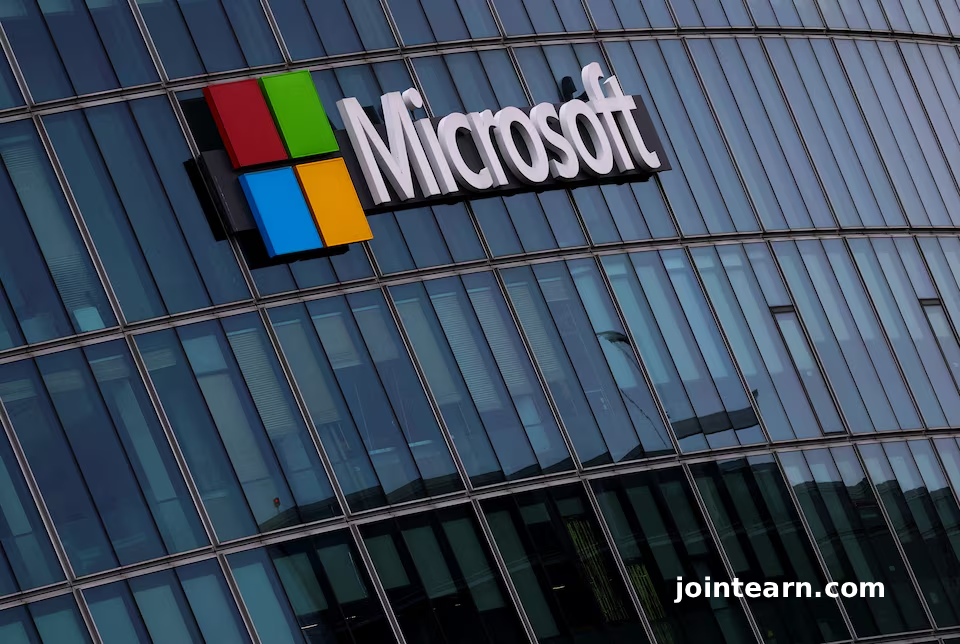
Microsoft (MSFT) announced on Wednesday that it is expanding its quantum computing facility near Copenhagen, Denmark, by adding a second lab, marking the company’s largest quantum site globally. The expansion reflects Microsoft’s strategic commitment to advancing quantum computing technology and strengthening its presence in Europe.
Quantum Computing: Revolutionizing Industries
Quantum computing operates on qubits, which can hold multiple states simultaneously, unlike classical bits that are restricted to 0 or 1. This allows quantum computers to tackle highly complex problems at speeds unattainable by conventional computers.
The technology has the potential to transform industries such as:
- Medicine – enabling drug discovery and personalized treatments
- Chemistry – simulating molecular interactions at unprecedented scales
- Finance – optimizing risk models and market predictions
- Climate modeling – predicting environmental changes with high accuracy
However, quantum systems are extremely difficult to control and prone to errors, which has historically limited their practical applications.
Lyngby Facility and the Majorana 1 Chip
The expanded facility in Lyngby, a suburb of Copenhagen, will focus on the development of Microsoft’s Majorana 1 chip. This chip leverages a subatomic particle known as the Majorana fermion, which reduces error rates in quantum computations, bringing practical quantum computing closer to reality.
Microsoft’s total investments in Danish quantum technology have now exceeded 1 billion Danish crowns ($156.18 million), highlighting the company’s commitment to building cutting-edge research infrastructure in the Nordic region.
Advancing European and Transatlantic Collaboration
Jason Zander, Microsoft’s Executive Vice President, said:
“With this expansion of the Lyngby lab, we are converting deep physics into manufacturable technology, while reinforcing our commitment to Denmark and to Europe, advancing transatlantic collaboration.”
The old and new labs are located in two separate buildings, about 25 to 50 meters apart, but together they form a single, integrated quantum site, combining research, development, and advanced manufacturing capabilities.
Strategic Partnerships for Quantum Advancement
In July, Microsoft partnered with the Novo Nordisk Foundation and Denmark’s state-owned credit fund EIFO to invest in what is expected to be the world’s most powerful quantum computer, Magne. These collaborations emphasize Microsoft’s strategy of combining private and public resources to accelerate quantum computing innovation.
Outlook: Microsoft’s Leadership in Global Quantum Computing
The expanded Lyngby facility positions Microsoft as a leader in the global quantum computing race, emphasizing:
- Increased research and development capabilities
- Development of low-error quantum chips
- Strengthening Europe’s quantum technology ecosystem
- Fostering public-private partnerships for high-impact innovation
As quantum computing evolves, Microsoft’s investment in Denmark signals a long-term commitment to turning theoretical quantum physics into commercially viable technology, potentially transforming multiple sectors worldwide.


Leave a Reply